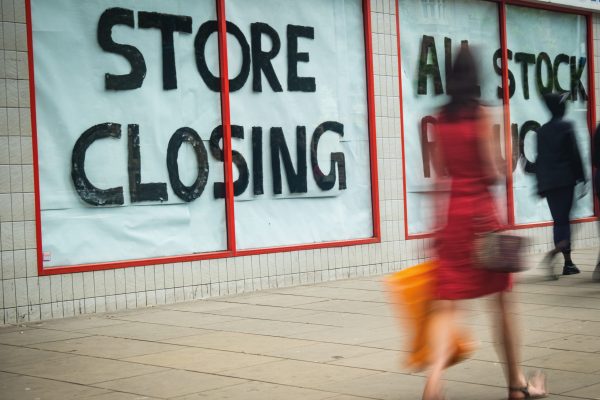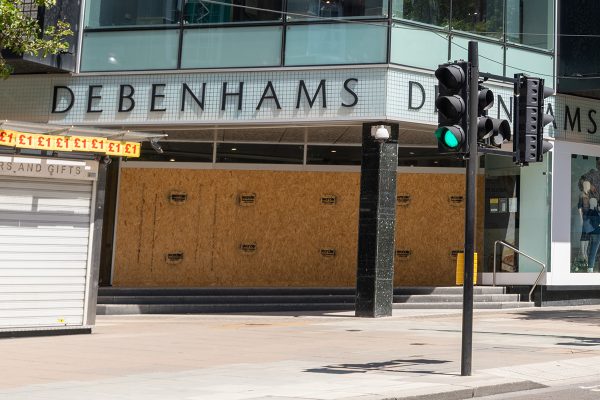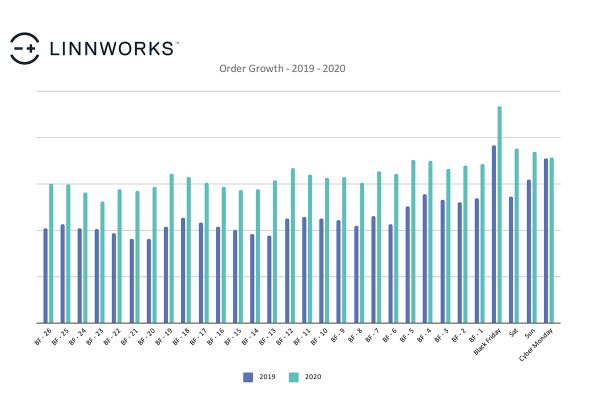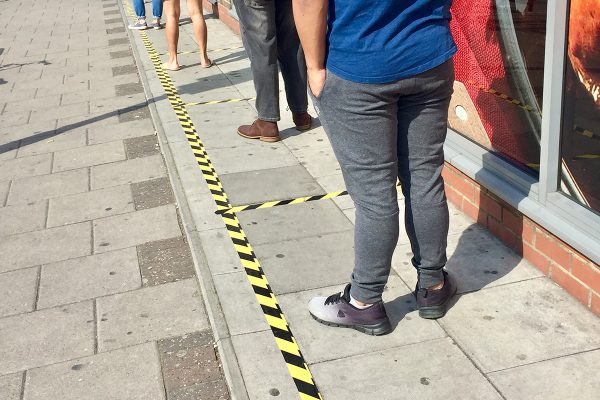 A couple of days ago I ran into a two friends in town. They’d just been to get their first mobile phones on contract (rather than pay as you go), and were sporting a couple of rather nice Samsung Galaxy J5 smartphones.
A couple of days ago I ran into a two friends in town. They’d just been to get their first mobile phones on contract (rather than pay as you go), and were sporting a couple of rather nice Samsung Galaxy J5 smartphones.
Naturally, as do most people when they get a new phone, the first thing they wanted to do was to purchase covers and screen savers to protect them from knocks and scratches. The shop they purchased from could sell them the contract and supply the handsets, but directed them to the other end of town to the only shop that sells cases.
20 minutes later they were on their way back up town, still coverless and screen saverless having scoured the high street and come up empty. They’re not big Internet users but for me with the eBay app it was the work of minutes to find covers (in the two colours that they liked) plus the all important screen savers. A couple of clicks and they were amazed that the total accessories bill for both mobiles came to less than a tenner including all carriage charges.
It’s not surprising that the high street is suffering, full of derelict boarded up shops, coffee shops and charity shops. Yes the Internet is generally lower cost, but my friends wanted to purchase then and there on the high street, would have happily paid a premium price but couldn’t. The shop they purchased their mobiles in didn’t think to stock any accessories for the latest models and no other shops in town had stock.
Is it any wonder that consumers are turning to the Internet? Not because consumers necessarily want lower prices but because town centers simply don’t cater to their needs.










13 Responses
I do 95% of my shopping online, why go into town in the hope I may find what I want after spending time and effort walking round shops. I do my weekly food shopping online as well all perfectly delivered to my door for a few quid. The other 5% I get locally like eggs and bread, etc. from the local shop.
Buying online I have a huge choice and can find exactly what I’m after every time.
It’s not just the shops; in my area (Torbay) the parking charges are horrendous and they are viciously enforced by moneygrabbing vultures who are most likely on commission. The very shops that keep the Council afloat with their exorbitant rates are having their customers driven away by the parking policies of that very same Council. It’s just not worth the risk of getting a parking ticket. If you’re in a queue in a shop and lose track of time, that’s a £35 fine right there. The whole thing is completely crooked.
And while Councils might well point to the fact that parking charges are legally supposed to be ringfenced for “road improvements”, everyone knows that this does not happen really. And in any case, ringfencing simply means that funds for “road improvements” will simply not be allocated from other sources, meaning that other areas of expenditure get more funds than they would normally have done, therefore rendering redundant the whole idea of ringfencing in the first place.
No wonder the High Streets are going downhill – but not only for the reasons you give in the article, although doubtless that is also correct!
It’s different all over. A lot of city centres are doing really well. Liverpool and Manchester are buzzing.
I also visit Bury fairly frequently and that is doing well too.
Oddly enough they have about 5 new mobile phone accessory outlets that have spring up in the last couple of months!
Some stores will inevitably close. For a sweet shop, Simms in your picture, was the least inviting looking ship I’ve ever seen. Then when you got in they were over priced.
I’d say now was about the best time in the last 15 years to try high street retailing. I’m still bit tempted though!
As consumers we have a choice of where and when we want to shop. If the high street doesn’t change, that choice will increasingly be online. I talk about this in my book Bricks & Mortar Oughta: What Real World Businesses Can Learn from the Internet (If you are an Amazon Prime member you can borrow the Kindle version for free). The high street seems to be playing the blame game with the Internet – when they should be looking at themselves and focusing on adjusting their businesses to compete in the modern age. This means embracing “online-type” customer service, home delivery, email marketing, social media but it also means training staff to be more helpful and making the high street experience more enjoyable.
People want choice.
I had a bricks and mortar shop before going online.
We had your normal jewellery and around 500 silver charms.
When we went online, customers saw our charms and would come in and say, “I would like to look at your charms that I have seen online”.
” what are you looking for”
“Not sure, just want to look”
Now you can’t get out 500 charms and let them plough through.
With some customers they would narrow it down and after the normal chit chat they ended up with a £5.00 charm. Not bad for half an hour’s work (Sarcastic).
With the cost of rent and all the other stuff that goes with it, it was a no brainer to close and go internet only. Getting out of my lease was F(*&?ing costly and a life lesson I shall NEVER forget.
There was a great sweet shop down our high street that closed up and I asked the owner before they vanished, why.
Their internet site was so successful that they didn’t need to have a sales person in a shop, rent etc etc.
It’s sad in some ways but it’s the way life takes us all.
I pretty much never buy a thing from my local town.
All my business supplies are purchased online as they are so much cheaper on ebay and amazon.
I see it from both sides but most of the time you cannot have it all.
it does not help that over the years many high street shops have been bought by large companies and investment companies. The rental returns have been good over the years. the properties could do with going back into private hands to give the high street an extra bit of life.
What a very interesting subject and some great comments. We closed our showroom in 2014 after 15 years of having one. The cost of display stock and the time it takes to sell an item meant we needed to re-think. Back in the day the margins where good enough to spend 45 minutes selling a £50 product – but not now when you have to be one price on-line and in store.
We have spent our time since then developing our on-line multi channel sales, systems and plans. However, what is odd is that me personally hate buying on-line and love to spend a couple of hours browsing with the wife and using it as an excuse to deserve a visit to Costa for a Latte and Cake!
This topic appears every so often and rightly so. The high street retail model does not work well for traditional small business retailers for all the reasons mentioned already in responses.
I like “love to spend a couple of hours browsing with the wife and using it as an excuse to deserve a visit to Costa for a Latte and Cake!” That pretty much sums up the reason to go to town for me.
That was a nice shop on Newbury high st.
The high street needs a “search bar” to tempt me back!
How many £5 phone covers does a merchant need to sell to cover 20k a year rent plus business rates utilities and legal fees? When I do see a shop like this I worry for them. They usually don’t last a year.
Everyone knows you can get things cheaper online, even worse with Chinese selling them at 99p free shipping.
The death of the high street is the fault of greedy landlords and borough councils, and also consumers for not caring where their goods come from, buying from China and Amazon an not supporting local businesses.
I sell from physical cabinets but they’re in antique and retro centres where the cost is spread among 10-14 traders, which makes it affordable. Just.
I’d love to open a shop of my own but it’s just not viable with business rates and they only want full repairing lease. This is why the high street is all large chains or empty units.